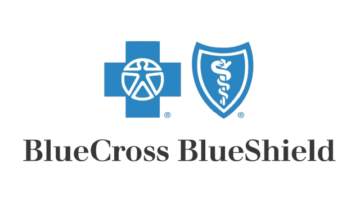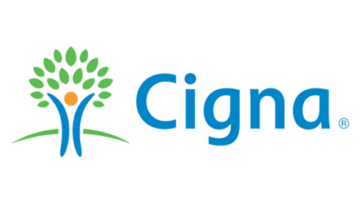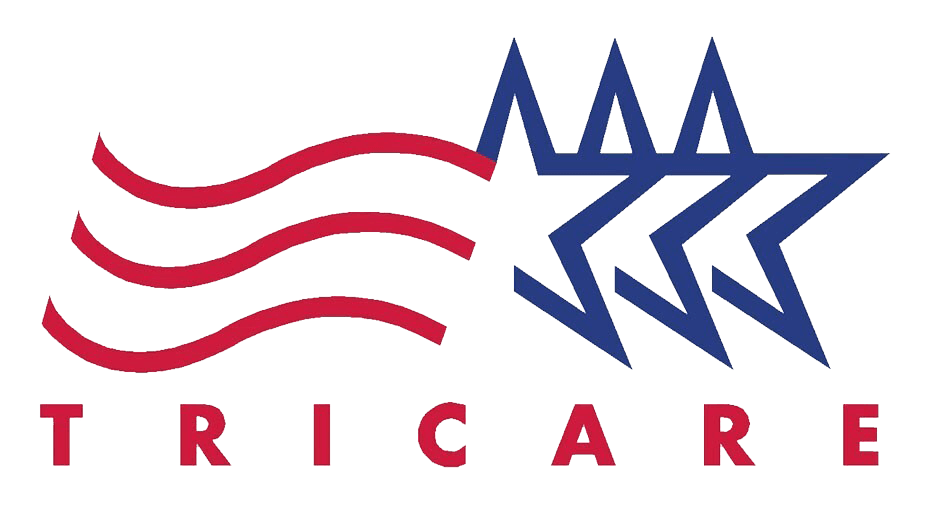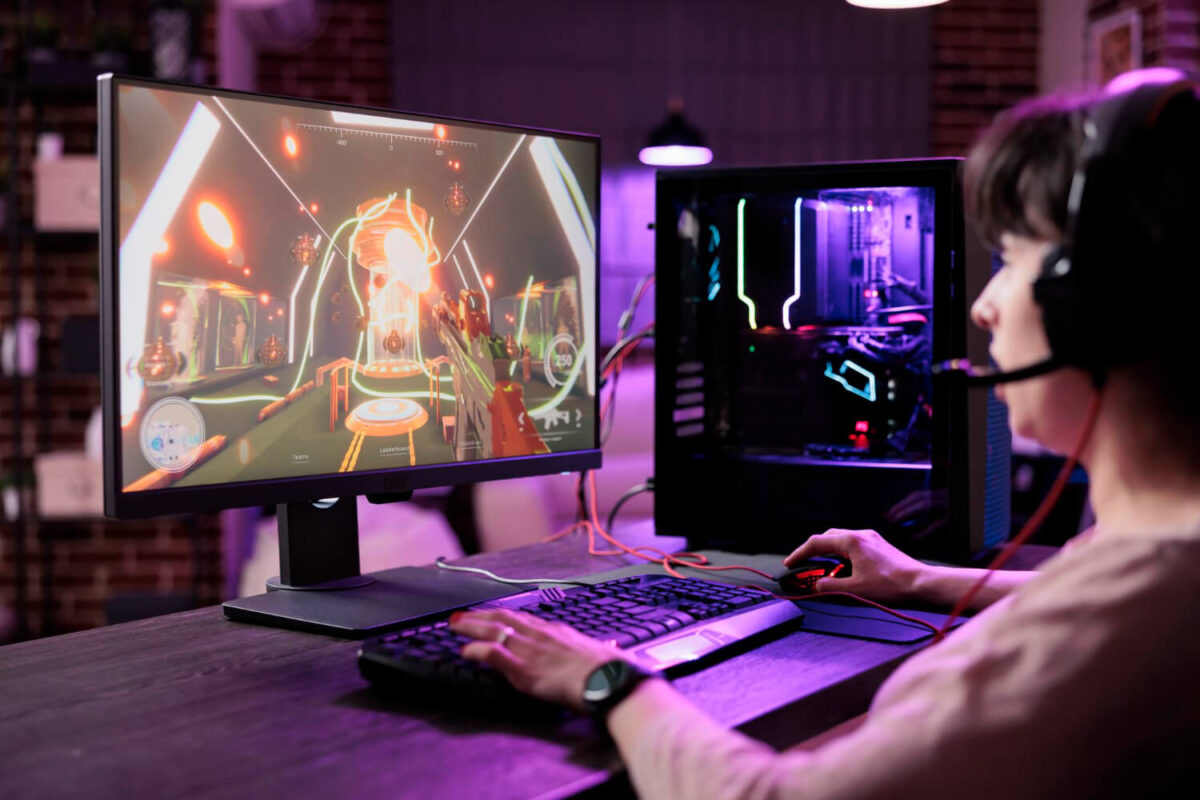In the last two decades, video games have evolved from simple pixelated distractions to immersive worlds where millions find entertainment, community, and even career opportunities. While gaming is a popular and generally healthy pastime, it can become problematic when the behavior turns compulsive and begins to negatively impact daily life. Gaming addiction, sometimes referred to as Internet Gaming Disorder, is now recognized as a serious mental health condition. At Omega Recovery, an evidence-based treatment center, we specialize in helping individuals identify when gaming behavior has become harmful and when it’s time to pursue professional treatments for gaming addiction.
This comprehensive guide will explore the signs that indicate gaming addiction, explain why early intervention is critical, and detail the evidence-based programs Omega Recovery offers to support lasting recovery. Our goal is to empower you with knowledge and hope—because recovery is possible.
Understanding Gaming Addiction: More Than Just a Habit
To understand why treatments for gaming addiction are necessary, it’s important to first explore what gaming addiction actually entails. Gaming addiction is characterized by excessive or compulsive use of video games to a degree that significantly interferes with a person’s daily life and functioning. This may include neglecting responsibilities at work or school, withdrawing from social relationships, or even experiencing physical health issues due to prolonged gaming sessions. Unlike casual gaming, which can be a fun and engaging way to relax or connect with others, gaming addiction involves a loss of control over gaming behavior, where individuals continue to play despite negative personal, social, or professional consequences.
The World Health Organization (WHO) officially recognized gaming disorder as a diagnosable condition in the International Classification of Diseases (ICD-11). This recognition highlights the seriousness of the issue, acknowledging that some individuals develop persistent and recurrent gaming behaviors. These behaviors are marked by an impaired ability to control the time spent gaming, prioritization of gaming over other important interests or daily activities, and continuation of gaming even when it causes significant harm to their well-being. This formal classification by the WHO underscores the need for increased awareness, research, and accessible treatment options to help those struggling with the disorder regain balance in their lives.
Why Gaming Addiction Requires Specialized Treatment
Gaming addiction is complex. It doesn’t just affect the time spent playing games but also emotional health, social relationships, and physical well-being. Individuals with gaming addiction often experience:
- Heightened anxiety or irritability when unable to play
- Feeling restless, frustrated, or on edge when gaming is not possible, often leading to mood swings or increased stress.
- Withdrawal from friends and family
- Spending less time with loved ones, avoiding social interactions, and prioritizing gaming over meaningful relationships, which can lead to isolation.
- Neglect of personal hygiene, nutrition, and sleep
- Skipping meals, forgetting to shower, staying up late, and ignoring basic self-care to spend more time gaming, potentially affecting physical health.
- Poor academic or work performance
- Difficulty focusing on tasks, missing deadlines, or falling behind in school or at work because gaming takes priority over responsibilities.
- Co-occurring mental health issues such as depression or ADHD
- Gaming may become a way to cope with underlying mental health conditions, which can worsen symptoms like low energy, difficulty concentrating, or feelings of sadness.
Because of this complexity, casual advice to “just stop playing” is rarely effective. Professional treatments for gaming addiction are designed to address the underlying behavioral and psychological patterns driving addiction, often requiring a comprehensive, individualized approach.
Recognizing the Signs: When to Consider Treatments for Gaming Addiction
If you suspect you or a loved one is struggling with gaming addiction, watch for these warning signs:
1. Loss of Control Over Gaming Time
Do you find yourself playing longer than intended or unable to stop even when wanting to? This lack of control over gaming sessions is a hallmark of addiction and a clear indicator that professional help may be needed.
2. Neglecting Responsibilities
Has gaming caused you to skip school, miss work, or neglect household duties? When gaming takes priority over essential responsibilities, it disrupts life balance and signals a serious problem.
3. Withdrawal Symptoms When Not Gaming
Feelings of anxiety, irritability, restlessness, or depression when you are unable to game suggest physical and psychological dependence. Withdrawal symptoms reinforce the addictive cycle.
4. Continued Gaming Despite Negative Consequences
Even when gaming causes problems in your relationships, finances, or health, you continue to play. This persistence despite harm is a key diagnostic criterion.
5. Social Isolation and Loss of Interest in Other Activities
Gaming addiction often leads to withdrawing from friends and family, reducing social interaction, and losing interest in hobbies or activities once enjoyed.
6. Preoccupation with Gaming
Do you spend significant time thinking about gaming, planning the next session, or reliving past gaming experiences? Such preoccupation affects focus and productivity.
7. Impact on Physical Health
Excessive gaming can lead to poor nutrition, irregular sleep patterns, eye strain, and even repetitive stress injuries. These physical effects often accompany the mental and emotional toll.
Understanding the Severity: When Is It Time to Seek Treatment?
Many gamers can enjoy their hobby without serious consequences, but if several of the above signs persist over weeks or months, it’s time to evaluate the need for treatment. At Omega Recovery, we recommend seeking professional assessment when:
- Gaming starts to interfere with your ability to function in daily life, such as struggling to keep up with work, school, or personal responsibilities.
- You’ve tried to cut back or stop gaming multiple times, but these attempts have consistently failed, leaving you feeling stuck.
- Gaming causes significant distress or creates conflict in your relationships, work, or other areas of life, making it harder to maintain balance.
- You begin to notice worsening mental or physical health symptoms, such as increased anxiety, depression, fatigue, or neglect of your overall well-being.
The earlier the intervention, the better the chance for recovery.
The Risks of Untreated Gaming Addiction
Without proper treatment, gaming addiction can have serious consequences that affect multiple areas of life. Some of the most common effects include:
- Chronic social isolation – Excessive gaming often leads to withdrawal from social interactions, resulting in loneliness and feelings of depression. Over time, this isolation can make it harder to reconnect with others and build meaningful relationships.
- Decline in academic or occupational performance – Gaming addiction can cause individuals to neglect responsibilities, leading to poor performance at school or work. This may eventually result in dropping out of school, losing a job, or missing out on career growth opportunities.
- Financial problems – Those with gaming addiction may neglect important financial obligations, such as paying bills, and could spend excessively on video games, in-app purchases, or gaming equipment. This can lead to significant financial strain over time.
- Worsening of co-occurring disorders – Gaming addiction often goes hand-in-hand with other mental health challenges, such as anxiety, mood disorders, or even substance abuse. Without treatment, these issues are likely to intensify, creating a cycle that can feel impossible to break.
- Strain or breakdown of relationships – Excessive gaming can put significant pressure on family and personal relationships, leading to misunderstandings, conflicts, and in many cases, complete breakdowns in communication and trust.
Recognizing these risks highlights the importance of seeking specialized, professional treatment for gaming addiction. A reputable center like Omega Recovery can provide the support and tailored strategies needed to regain control and restore balance in life.

Evidence-Based Treatments for Gaming Addiction at Omega Recovery
Omega Recovery offers a full continuum of care designed to address the unique needs of gaming addiction through proven, evidence-based methods. Our programs integrate therapy, medical support, and life skills coaching to promote lasting recovery.
Partial Hospitalization Program (PHP)
Our PHP provides intensive daily treatment for clients needing structured support while living at home. This program combines individual therapy, group counseling, family sessions, and medical monitoring. For individuals with severe gaming addiction and co-occurring mental health challenges, PHP offers a safe and therapeutic environment to break the cycle of addiction.
Adult Intensive Outpatient Program (IOP)
The Adult IOP is designed for individuals who require consistent therapeutic support but need flexibility to maintain work or school commitments. Our tailored curriculum focuses on cognitive behavioral therapy (CBT), relapse prevention, and rebuilding healthy routines disrupted by gaming addiction.
Adolescent Intensive Outpatient Program (IOP)
Gaming addiction can be particularly challenging for teens navigating social pressures and identity development. Our Adolescent IOP offers age-appropriate therapies to help young clients develop emotional regulation, social skills, and academic motivation while addressing their gaming behavior.
Supportive Outpatient Rehab
For those progressing through recovery, our Supportive Outpatient Rehab provides continued therapy and peer support. This phase focuses on maintaining gains, managing triggers, and integrating healthy lifestyle habits.
Failure to Launch Program
Many young adults with gaming addiction struggle with independence and life transitions. Our Failure to Launch Program addresses these challenges by combining therapy with practical life skills coaching, fostering confidence, responsibility, and motivation.
Alumni Program
Recovery doesn’t end after treatment. Our Alumni Program provides ongoing community support, group meetings, and resources to sustain long-term sobriety and prevent relapse.
Case Management
Our case management team coordinates care, connects clients and families to additional resources, and provides ongoing support throughout the recovery journey to ensure comprehensive assistance.
Core Therapeutic Approaches in Our Treatments for Gaming Addiction
Cognitive Behavioral Therapy (CBT)
CBT is central to all our treatment programs. It helps clients identify the negative thought patterns fueling their gaming addiction and replace them with healthier behaviors. CBT equips clients with tools to manage cravings, handle stress, and rebuild a balanced life.
Individual and Group Therapy
Individual therapy provides a confidential space to explore personal challenges behind addiction. Group therapy fosters connection and shared experience, reducing isolation and building social support.
Family Therapy
Because gaming addiction impacts family dynamics, family therapy is a key component. We help families improve communication, rebuild trust, and learn ways to support their loved one’s recovery.
Medication Management
Some clients benefit from medications to address co-occurring conditions such as anxiety, depression, or ADHD that may contribute to gaming addiction. Our medical team carefully evaluates and monitors each client’s needs.
What Makes Omega Recovery Unique?
At Omega Recovery, we combine clinical expertise with genuine compassion and a personalized approach to care. Our multidisciplinary team includes licensed therapists, psychiatrists, case managers, and experienced support staff who work together to create tailored treatment plans for each client. We understand that every individual’s journey is unique, which is why we take the time to address the specific challenges and needs of every person who walks through our doors.
Our comprehensive continuum of care—from our Partial Hospitalization Program (PHP) to ongoing Alumni support—ensures clients receive the right level of treatment and guidance at every stage of their recovery. Beyond addressing issues like gaming addiction, we focus on fostering emotional well-being, teaching essential life skills, and helping clients build meaningful, healthy relationships. At Omega Recovery, we aim to empower individuals to reclaim their lives and thrive in all aspects of their personal and professional journeys.
Taking the First Step: How to Begin Treatment
Acknowledging the need for treatments for gaming addiction can feel overwhelming, but you don’t have to face it alone. Here’s how to begin your journey at Omega Recovery:
- Reach Out for an Assessment: Contact our admissions team for a confidential evaluation of your needs.
- Develop a Personalized Treatment Plan: Based on your assessment, we recommend the best program level—PHP, IOP, or outpatient services.
- Engage in Therapy and Support: Begin evidence-based therapies, case management, and family sessions.
- Build Life Skills: Participate in workshops and coaching to regain balance and independence.
- Join Our Alumni Community: After formal treatment, connect with ongoing support to sustain recovery.
Supporting Families: FAQs About Our Treatments for Gaming Addiction
Family involvement is often crucial in recovery. We frequently hear questions like:
- How long does treatment last? Duration varies but often ranges from several weeks to months, depending on individual needs.
- Is treatment confidential? Absolutely. We prioritize privacy and follow all legal guidelines to protect client information.
- Can someone continue school or work during treatment? Yes, many clients participate in outpatient programs designed to fit around daily responsibilities.
- What if my loved one is resistant to treatment? Our compassionate team can assist with motivational strategies and support.
Final Thoughts: Hope and Healing Are Within Reach
Gaming addiction is a growing concern, but it is also a treatable condition. Recognizing when gaming behavior has become harmful is the crucial first step toward recovery. At Omega Recovery, our full spectrum of evidence-based treatments for gaming addiction—from intensive Partial Hospitalization to outpatient care and alumni support—ensures that every client receives personalized, compassionate, and effective help.
If you or someone you love is struggling with compulsive gaming, don’t wait. Reach out to Omega Recovery today to learn how our specialized programs can help you reclaim your life, restore balance, and build a brighter future beyond gaming. For more information, visit our website https://omegarecovery.org/ or call us at (512) 601-5407.







